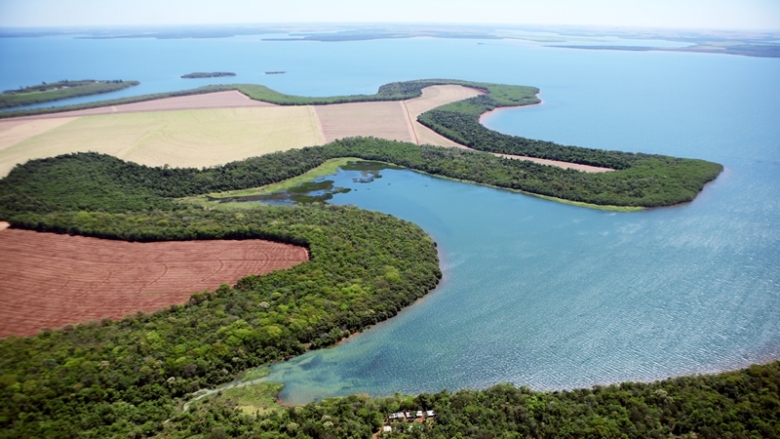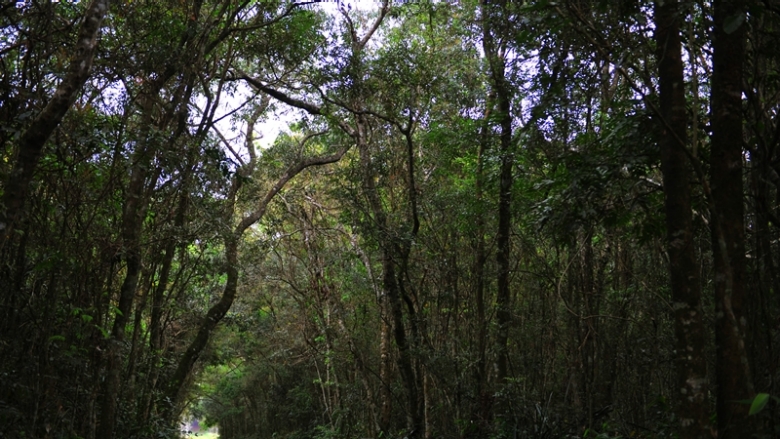Following the successful completion of the Paraguay Biodiversity Project, (supported by Global Environment Facility) which has contributed to the preservation of one of the region's largest biological corridors, the World Bank and the hydroelectric dam Itaipú Binacional signed a technical cooperation agreement to continue working on conservation of the Atlantic Forest.
Through a Reimbursable Advisory Services Agreement (RAS), the World Bank (WB) will provide technical assistance to Itaipú to support the conservation and restoration of the Atlantic Forest, which is home to unique species of fauna and flora.
The presentation of the agreement was attended by Jorge Familiar, Vice President of the World Bank for the Latin American and Caribbean Region, who highlighted the natural wealth of Paraguay as a blessing that must be taken care of for future generations. "Natural resources have to be used to generate wealth and development, but in a sustainable way so that they generate benefits for future generations," he said. "It is very clear today that we cannot talk about development without sustainability," he added.
Ruth Tiffer Sotomayor, Project Team Leader from the Environment Global Practice, explained that through this cooperation the WB will support a strategy of engaging Itaipú with the government, local communities and the private sector in the largest restoration and conservation effort for the Atlantic Forest Corridor. The project will improve connectivity of ecosystems by promoting better land use practices, supporting the livelihoods of local farmers and indigenous communities, advising on policy changes, strengthening institutions and putting in practice the Bank's global knowledge on landscape and forest restoration.


